 |
|
||||||
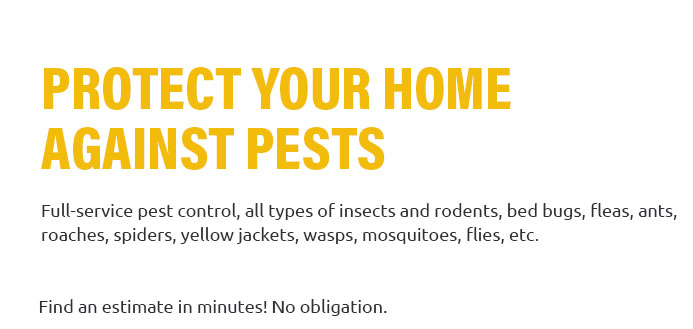 |
 |
 |
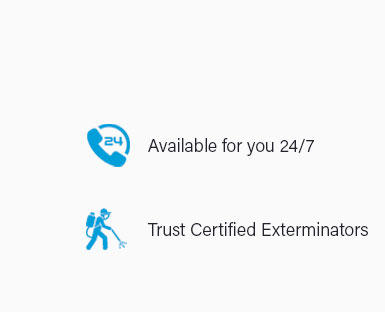 |
 |
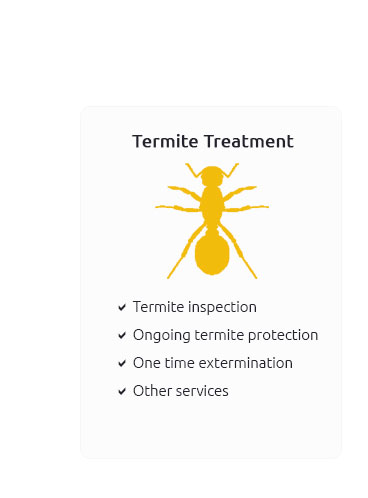 |
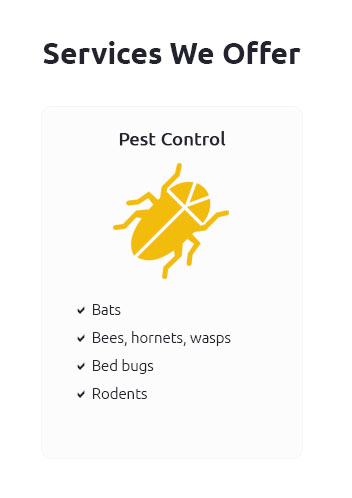 |
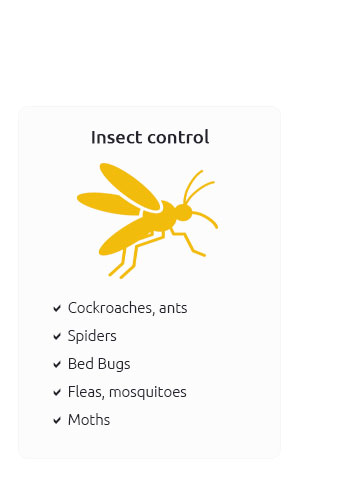 |
 |
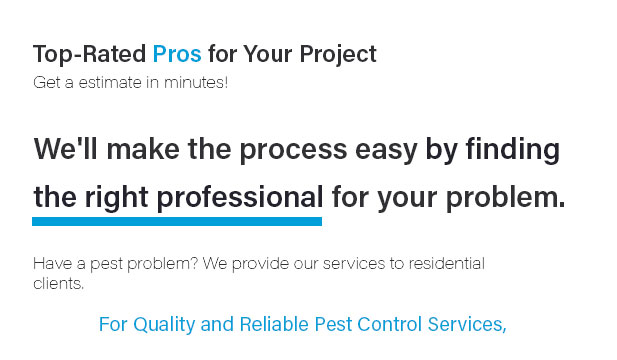 |
 |
 |
 |
Understanding Lake County, Florida's Mosquito Control EffortsLake County, Florida, renowned for its picturesque landscapes and abundant natural resources, is not only a haven for outdoor enthusiasts but also a battleground against one of nature's most persistent nuisances-the mosquito. This tiny insect, despite its diminutive size, has a disproportionately large impact on human comfort and health. As such, the efforts to manage and control mosquito populations in this region are of paramount importance. The Lake County Mosquito and Aquatic Plant Management Program, spearheaded by dedicated professionals, works tirelessly to mitigate the impact of mosquitoes, ensuring both the safety and enjoyment of residents and visitors alike. This initiative, crucially supported by modern science and community cooperation, showcases an intricate blend of biological knowledge, technological advancements, and public engagement. Mosquito control in Lake County is a year-round endeavor, punctuated by peaks during the warm, humid months when these pests are most active. The program employs a multifaceted approach, utilizing a combination of surveillance, public education, and direct intervention. Surveillance involves monitoring mosquito populations and identifying breeding hotspots, a task that relies heavily on both traditional fieldwork and cutting-edge technology. This data-driven approach allows for targeted interventions, optimizing resources and minimizing environmental impact. Public education is another cornerstone of the program. By raising awareness about mosquito prevention strategies, such as eliminating standing water and using personal protective measures, the community plays a vital role in reducing mosquito breeding sites. This collaborative effort extends to schools, local businesses, and community organizations, fostering a culture of shared responsibility. Direct intervention involves a range of strategies, from biological controls that target mosquito larvae to the judicious use of insecticides. These measures are implemented with careful consideration of ecological balance, striving to protect beneficial insects and the broader environment. Lake County's commitment to innovation is evident in its exploration of new methods, such as the use of mosquito fish and the potential of genetic control technologies. While the challenges of mosquito control are significant, the dedication of Lake County's professionals and the support of its community provide a robust framework for success. By combining science, education, and community engagement, Lake County not only addresses the immediate nuisance of mosquitoes but also contributes to the global conversation on sustainable pest management. In conclusion, Lake County's mosquito control program exemplifies a proactive and comprehensive approach to pest management, balancing the needs of human health, environmental stewardship, and community involvement. As residents and visitors enjoy the natural beauty of this region, they can take comfort in knowing that diligent efforts are underway to keep mosquito populations in check, allowing for both safety and serenity amidst Florida's natural splendor. Frequently Asked Questions
https://groveland-fl.gov/FAQ.aspx?QID=102
Lake County maintained roadways located south of the Florida Turnpike ... https://www.lakecountyfl.gov/Parks-and-Trails/Mosquito-Management
Lake County uses two chemicals approved by the State of Florida, including Malathion (Fyfanon) and Permethrin (Permanone 31-66). Managing Mosquitoes at Home. https://www.lakecountyfl.gov/Environmental-Services
Lake County, FL Environmental Services oversees mosquito & aquatic plant management, floodplain management, as well as stormwater management.
|



